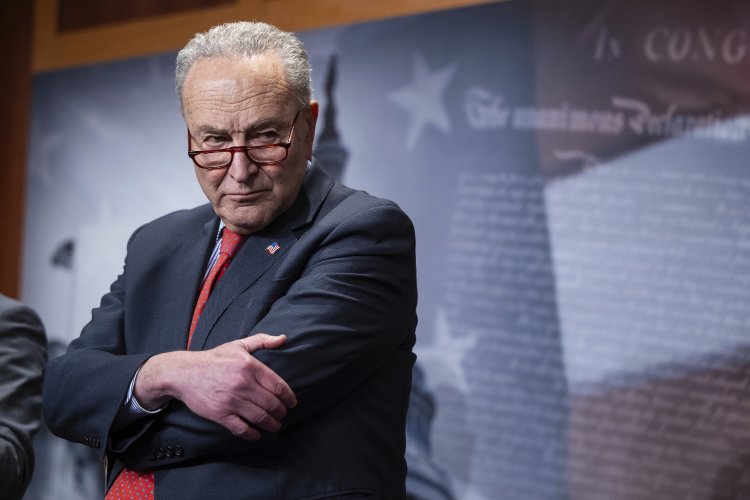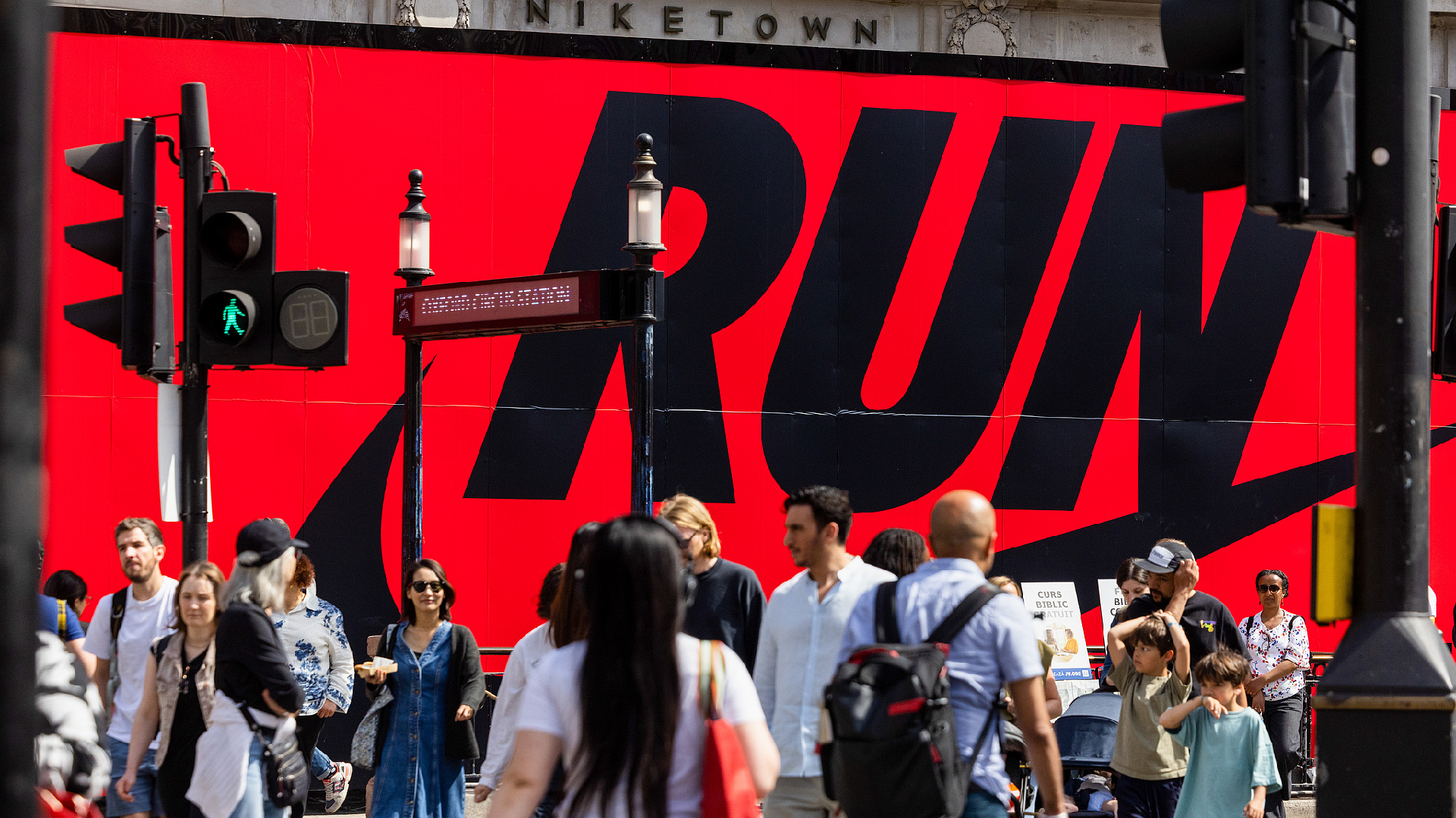Schumer seeks to hinder Trump's leading prosecutors
The actions taken by the Senate minority leader might invigorate the party's base while simultaneously testing established institutional norms.

His firm stance comes amid growing pressure from his party's base to take a stronger stand against the Trump administration, especially after his decision last month to advance a GOP-drafted government funding bill instead of leveraging the situation to threaten a shutdown. Concurrently, Schumer's position may impact the established norms that allow lawmakers to have a role in determining who represents their constituents on the federal bench.
Typically, Senate leaders adhere to the practice of allowing senators to approve the confirmation of judicial nominees from their states, waiting for the return of the so-called blue slip to kick off the confirmation process in the Judiciary Committee.
However, Schumer declared on Wednesday morning that he would not return the blue slip for Trump's nominees to serve as New York attorneys: Jay Clayton for the Southern District of New York, responsible for overseeing Wall Street and prosecuting significant white-collar cases; and Joseph Nocella Jr. for the Eastern District of New York, which prosecutes numerous MS-13 gang cases and immigration issues linked to John F. Kennedy International Airport.
“Donald Trump has made clear he has no fidelity to the law and intends to use the Justice Department, the U.S. Attorney offices and law enforcement as weapons to go after his perceived enemies,” Schumer stated. “Such blatant and depraved political motivations are deeply corrosive to the rule of law and leaves me deeply skeptical of … Donald Trump’s intentions for these important positions.”
Schumer's hardball tactics could resonate well with progressive activists, many of whom have called for his ouster as leader following the government funding negotiations and speculated about a potential 2028 primary challenge from Rep. Alexandria Ocasio-Cortez.
Additionally, this move might be seen as a relief for New York’s Southern District, which has faced instability since the Trump administration directed it to discontinue its prosecution of New York City Mayor Eric Adams. The current interim U.S. attorney, who has a notable history with the office, may continue to oversee operations rather than a newcomer like Clayton, a former chair of the Securities and Exchange Commission who lacks prosecutorial experience.
Nonetheless, this development poses a broader challenge for Senate Republicans regarding whether they will set aside the blue slip tradition to expedite the confirmation of Trump’s judicial nominees. If Senate GOP leaders adhere to precedent and give weight to Schumer's stance, Trump will be unable to appoint his selections to head two of the nation’s most significant prosecutorial offices, likely prompting a moment of reconsideration among Republicans on how to advance.
During Trump’s first term, Senate Judiciary Chair Chuck Grassley abandoned the requirement for home-state senators' approval for circuit court nominees. However, since then, the Senate has continued to uphold the blue slip tradition for other nominees. If Grassley and Senate Majority Leader John Thune choose to push forward with the U.S. attorney nominations in New York despite Schumer's opposition, they would be deviating from established Senate practices.
Grassley, a Republican from Iowa, has not revealed his intentions at this time.
“The Judiciary Committee has long honored the traditional blue slip process for U.S. Attorney nominees,” said Clare Slattery, a spokesperson for Grassley, in a statement.
Aarav Patel for TROIB News












